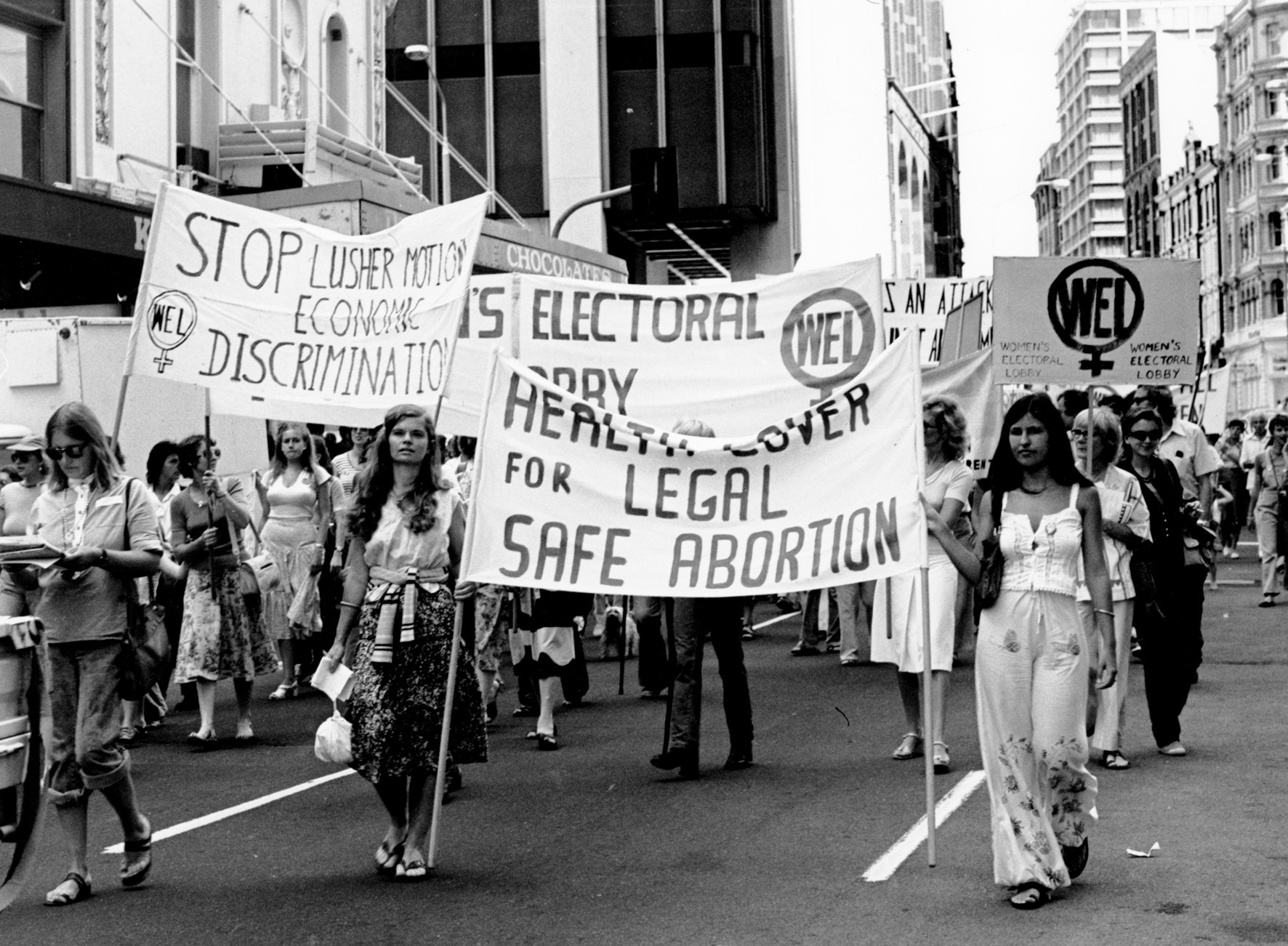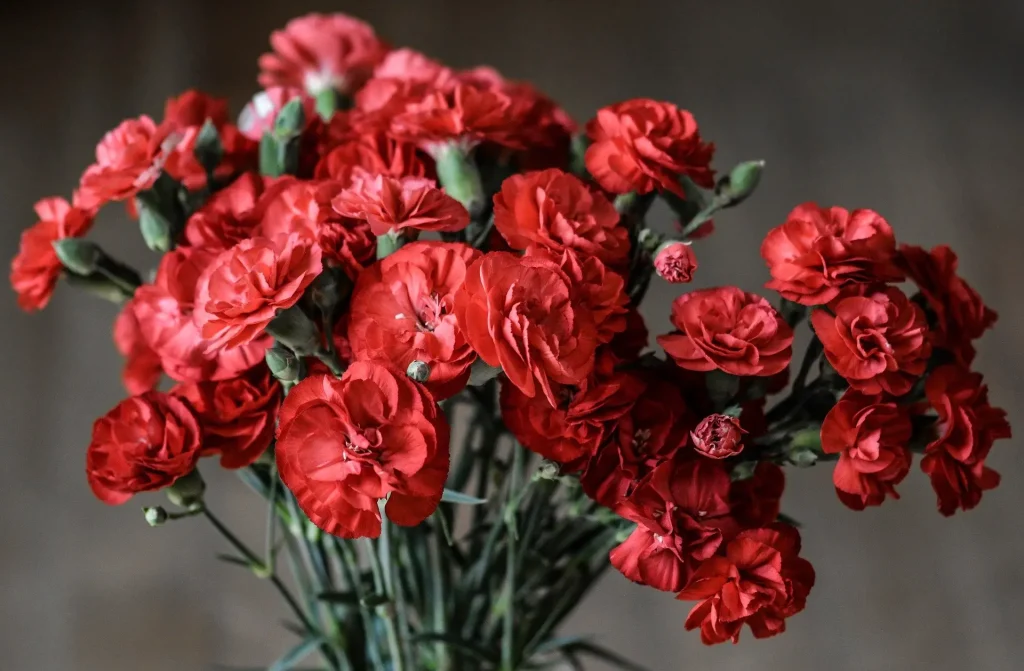For us to understand this event, we need to go back to where it all started – the United States of America. More precisely, 28th of February 1909 in New York, the Socialist Party of America organized a rally in honor of workers of a clothing factory who had protested against working conditions the year before. In 1910, International Women’s Day was founded in Copenhagen as a part of the movement for women’s rights and the rise of support for the exercising of women’s voting rights. Multiple countries followed after that – Austria, Germany, Switzerland, which had millions of men and women marching for, besides rights to vote and performing public duties, women’s rights to work, train, and ultimately prevention of discrimination of women at work. During World War I, the march was used for antiwar protests and some of them were held on the 8th of March. The date of commemoration became official in 1975 when the United Nations adopted it as a “mainstream global holiday”. In some areas of the world, International Women’s Day is still reflected as its political origins – being marked by protests and calls for radical change whereas in the West, the event has more sociocultural characteristics and the celebration is centered on “womanhood”.

Women’s march – (Source: Libela – portal o rodu, spolu i demokraciji)
When it comes to Croatia, its history of IWD is tightly connected to Yugoslavia, which makes sense since the event was devised by socialist parties in America. Communist countries were at the forefront of their celebrations and initially, a militant international event became “Mother’s Day”, “Women’s Day” and an opportunity to gift the “fairer sex”. History of the 8th of March (8. Mart) celebrations shows us how important it was to celebrate this Day in the spirit of its original politics, against bourgeois “fashion” under the slogan of fighting for equal political and social rights, against fascism and mobilizing women workers, peasants, and intellectuals. The day was part of the Revolution and if the individual violates or undermines the holiday “also undermines and devalues the continuity of the Revolution itself!”. This was quoted in an open letter during the Conference for Social Activity of Croatian Women held somewhere between the 1960s and 1980s. In the 70s, the female questions and initiatives in Yugoslavia were under the heavy influence of central power.
Given that the “law” was quite strict, it is not surprising that gifts to mothers, teachers, and other women were a mandatory way to celebrate IWD. Talking with people who experienced the event during those times, I realized that flowers were THE gift for this occasion, particularly red carnations. These flowers are a symbol of labor movement and would always be gifted to women workers in various companies. Children would gift teachers with red roses or red carnations every year as a thank you for the effort they invested in their work. As previously mentioned, flowers were mandatory for mothers as well. After school and gifting their teachers, children would bring their gifts and flowers home to their mothers – if they couldn’t get flowers, homemade custom-made cards would suffice. Husbands would usually bring red roses to their wives as an appreciation for their love and effort. Multiple cities in Croatia would have their squares filled with lilies and primroses and men and women would join in celebrations of this holiday.
Today, these celebrations (or protests) in Croatia are more focused on social-cultural aspects of women in society. For instance, a feminist collective faKTIV has organized multiple marches called “Night March” whose fields of activity include the fight for women’s labor and social rights, against gender-based violence against women, and advocacy for reproductive and sexual rights. It is held every year in Zagreb on the 8th of March with other multiple collectives doing their own marches (protests) all over Croatia.
The gifting aspect of the “holiday” has died down a bit with the fall of Yugoslavia but the commercial and marketability potentials of IWD started growing in recent years. On one side, there are protests and marches for women’s rights, on the other flower shops, supermarkets, cafes, and other companies are profiting. The West realized its potential and cashed in on this date with various theme-based parties, events and more. Croatia, on the other hand, has not yet recognized Women’s Day as a holiday.
Throughout history, IWD showed us struggles and efforts of women being equal in every aspect of society, artificially constructed holidays to elevate every part of “women being” and in the end, monetary and market power of “celebrating” women. Croatia has not yet recognized Women’s Day as a holiday. However, that shouldn’t stop us from celebrating important women in our lives. Buy a simple red rose, red carnation or if you’re lucky and haven’t experienced snow in your area, pick spring flowers that just started to bloom. From everyone in TCN, happy International Women’s Day or how we Croatians like to say: “Sretan Vam 8. Mart!”.
For more, check out our lifestyle section.









